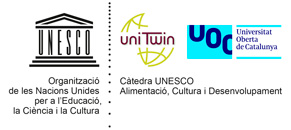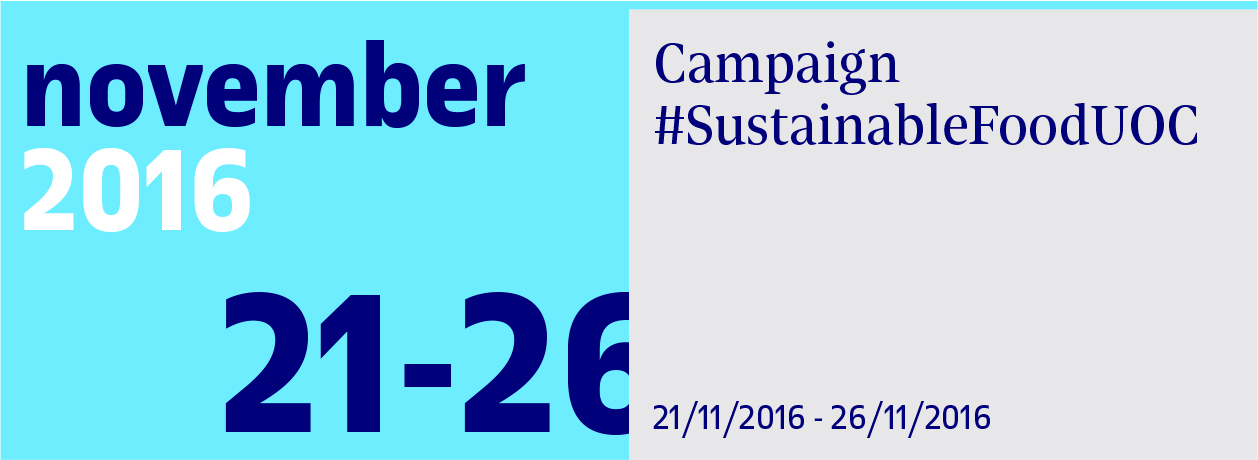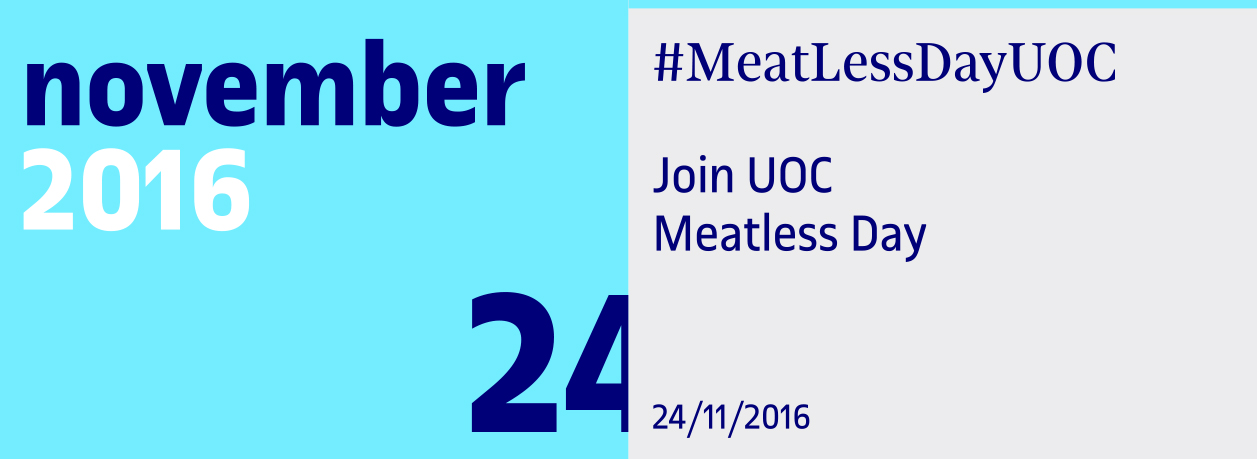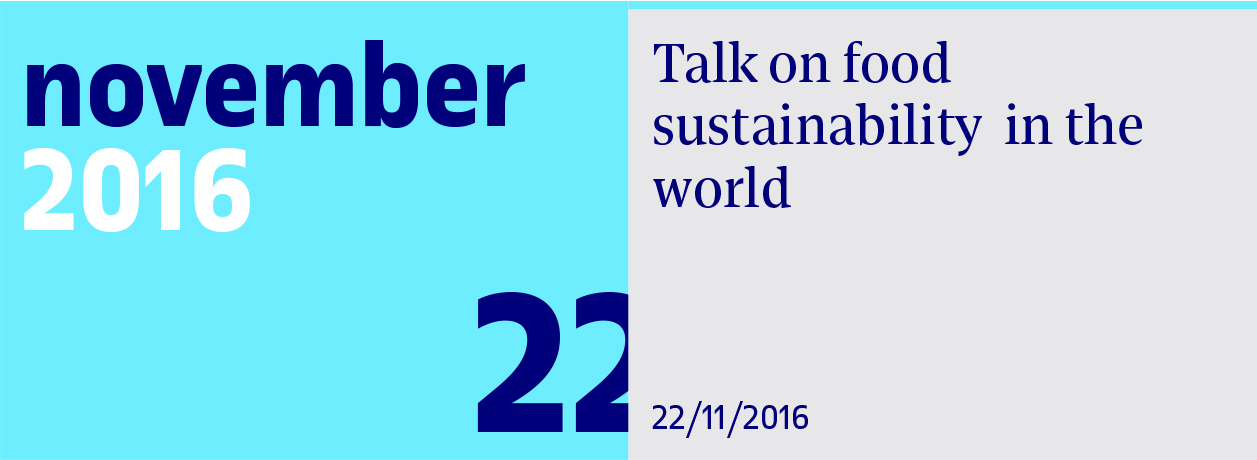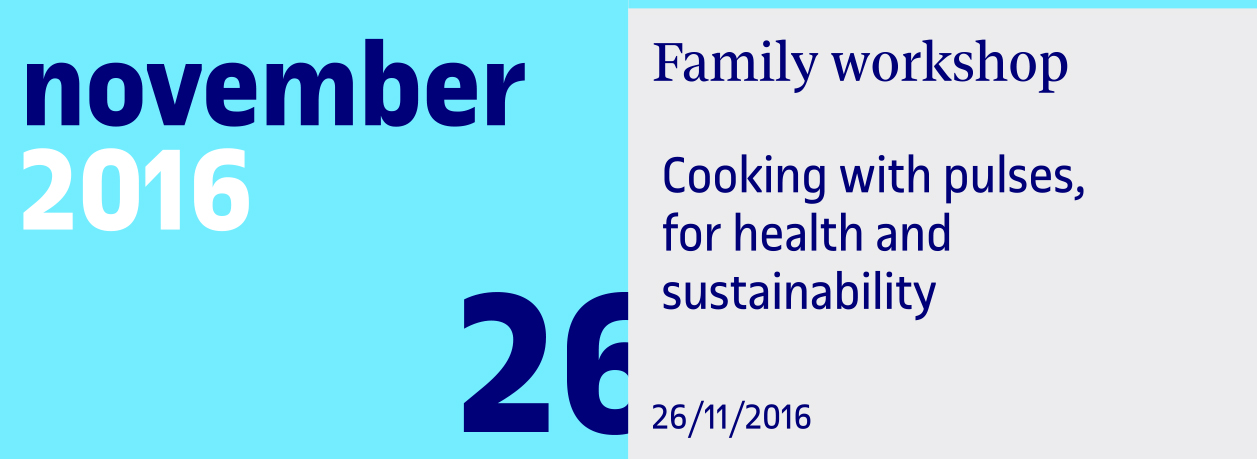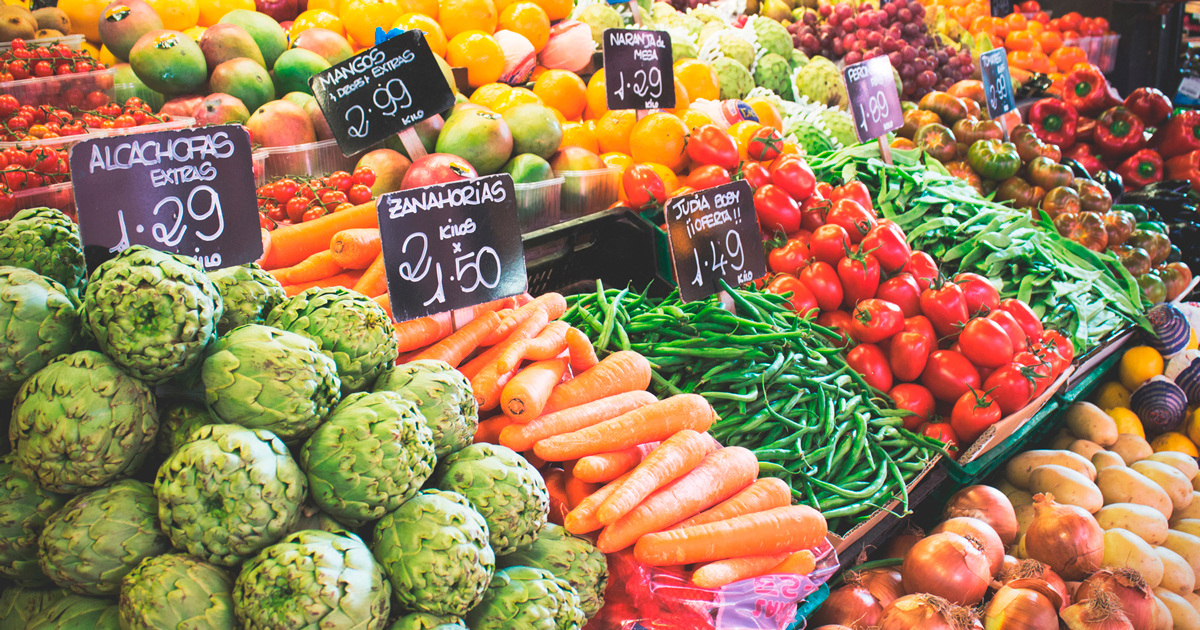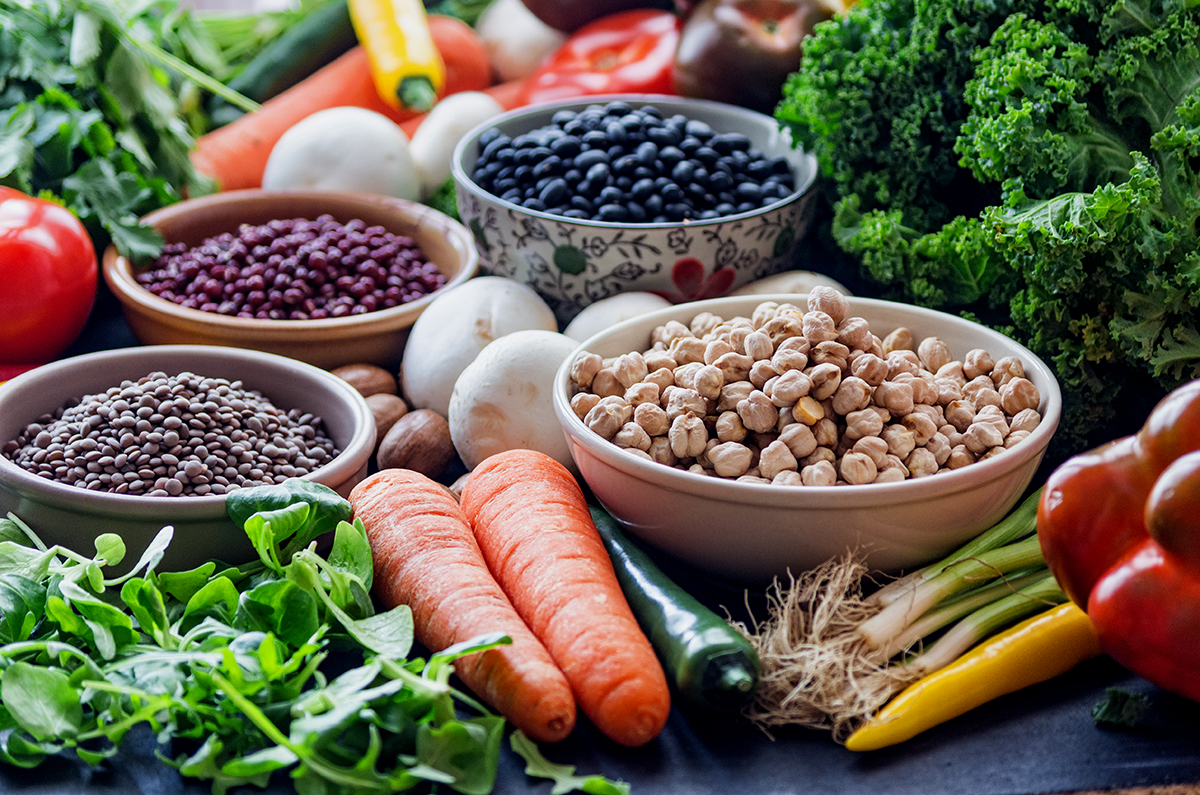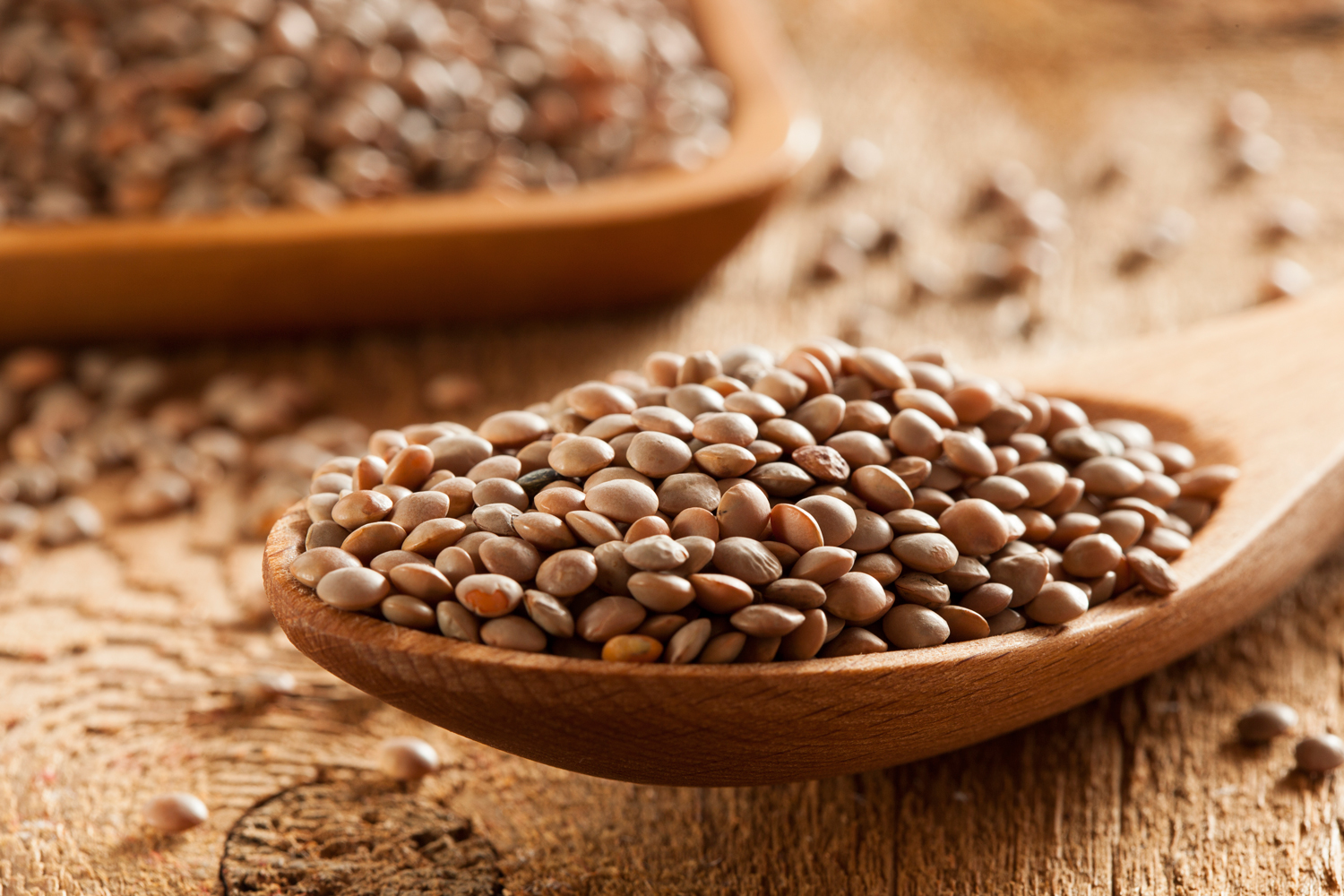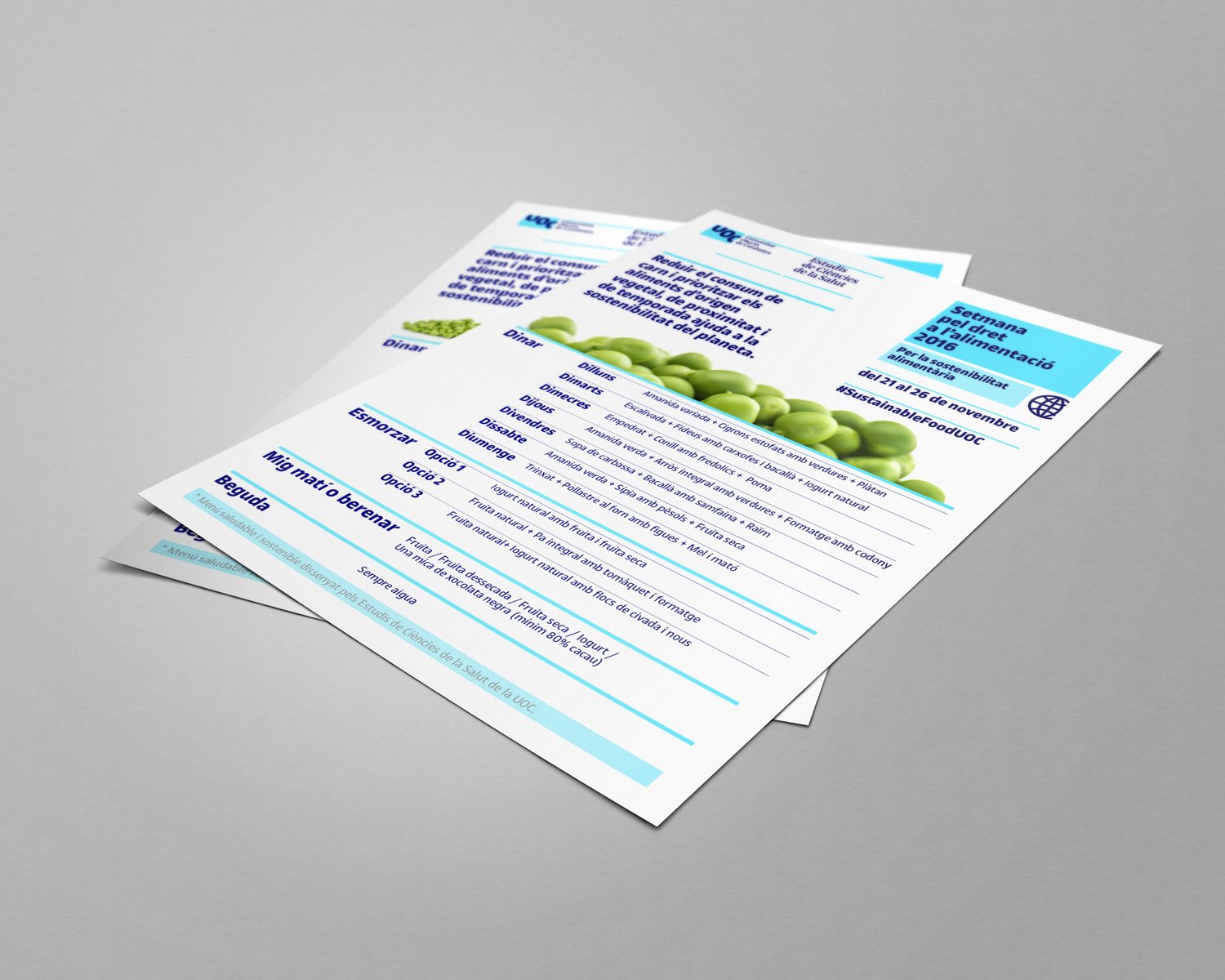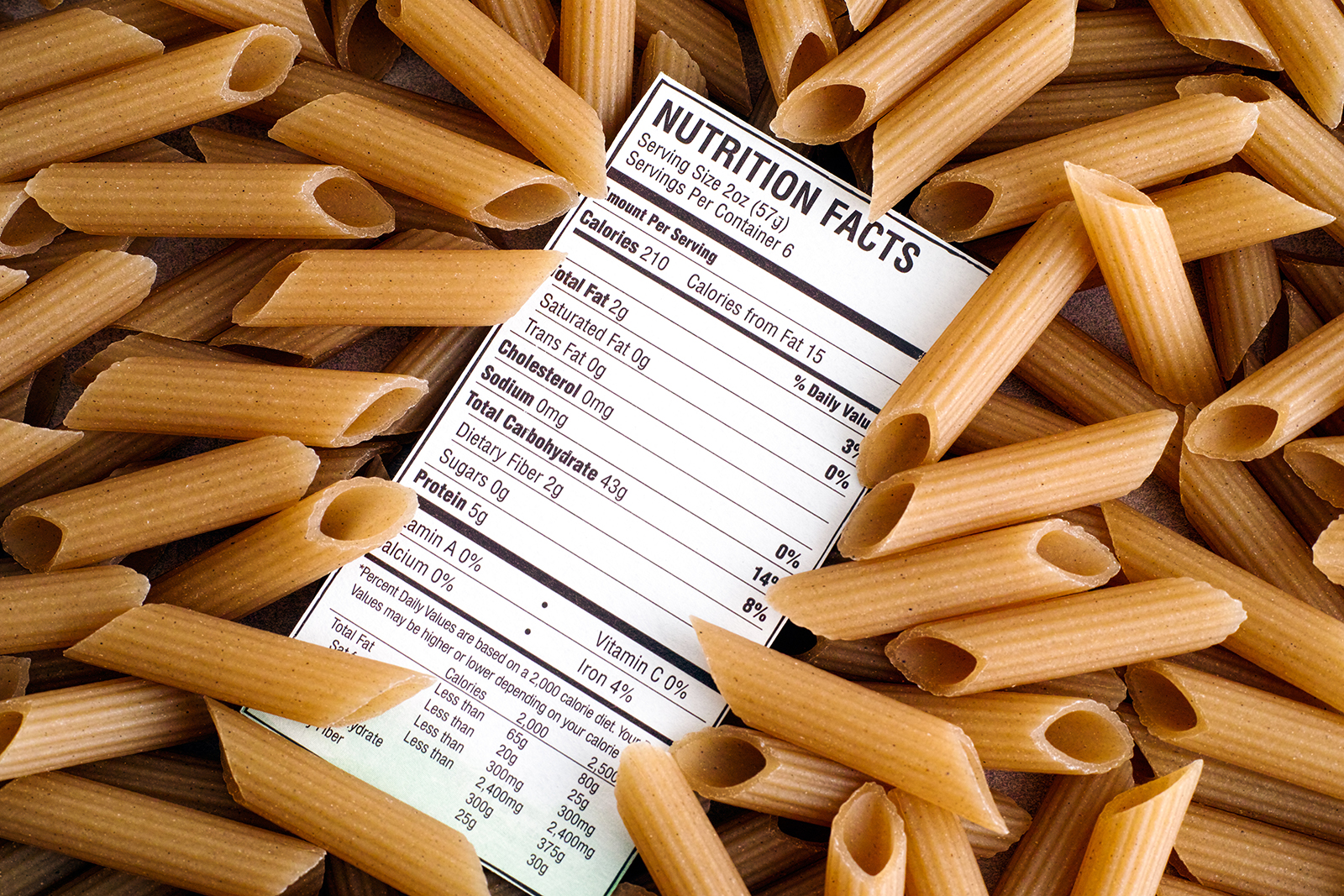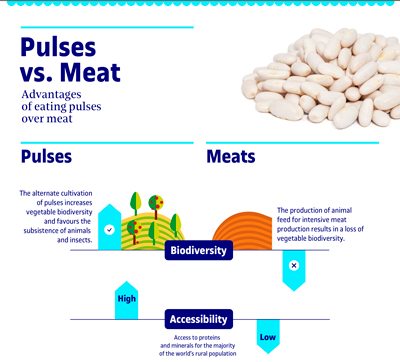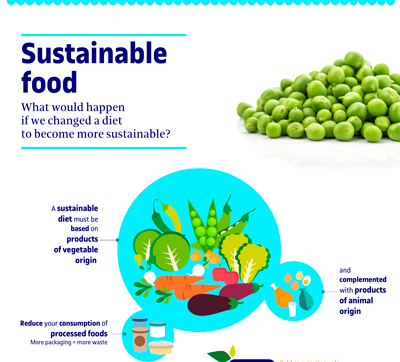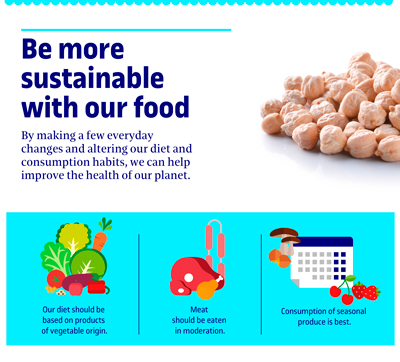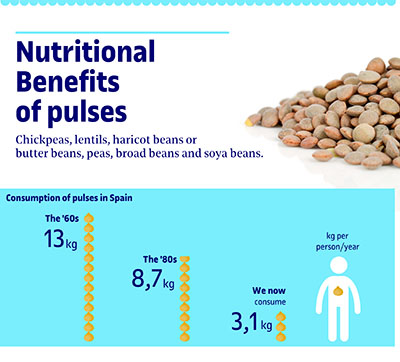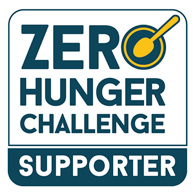#Sustainable FoodUOC
From 21 to 26 November, the UOC is organizing the Right to Food Week 2016. It will be six days of activities focused on how to be sustainable, so that we can continue to feed ourselves without depleting resources or destroying the environment.
2016 Right to Food Week
Among the United Nations’ 17 goals for transforming the world, the second is to end hunger, achieve food security and improved nutrition and promote sustainable agriculture.
What we eat and how we produce it has a major impact on the environment and our surroundings. What can we do to improve the food sustainability of the planet?
What can we do to make the planet more sustainable and guarantee food for everyone without depleting natural resources or destroying biodiversity?
From 21 to 26 November, the UOC is joining the United Nations Zero Hunger global initiative by organizing six days of activities focused on promoting more sustainable food systems that guarantee people around the world access to a varied and healthy diet.
The 2016 Right to Food Week is dedicated to sustainable food and to promoting a return to consuming food with a high nutritional value that is safe, healthy, cheap, of great quality and sustainably produced.
Organizers: the UOC’s Faculty of Health Sciences, the UNESCO Chair in Food, Culture and Development and the UOC’s University Development Cooperation.
Partners: Nutrition Without Borders, Nutrapp, Biblioteca Francesca Bonnemaison, Museu Blau (Blau Museum), Serunion
Programme of activities
#MeatlessDay UOC
Join Meatless Day
24th November Take a pic of your meatless meal and post it on Instagram or Twitter to a sustainable world. #MeatLessDayUOC
Ideas for greater food sustainability
Infographics
Joining the Zero Hunger Challenge
The UOC is joining the United Nations global Zero Hunger Challenge by organizing six days of activities focused on promoting more sustainable food systems that guarantee people around the world access to a varied and healthy diet.
You too can support the campaign and sign the declaration!!
Food sustainability Dossier
Are you curious to find out more about the right to food and food sustainability? The UOC Library’s Learning Services has prepared a dossier so that you can read about these issues.
Organizers
